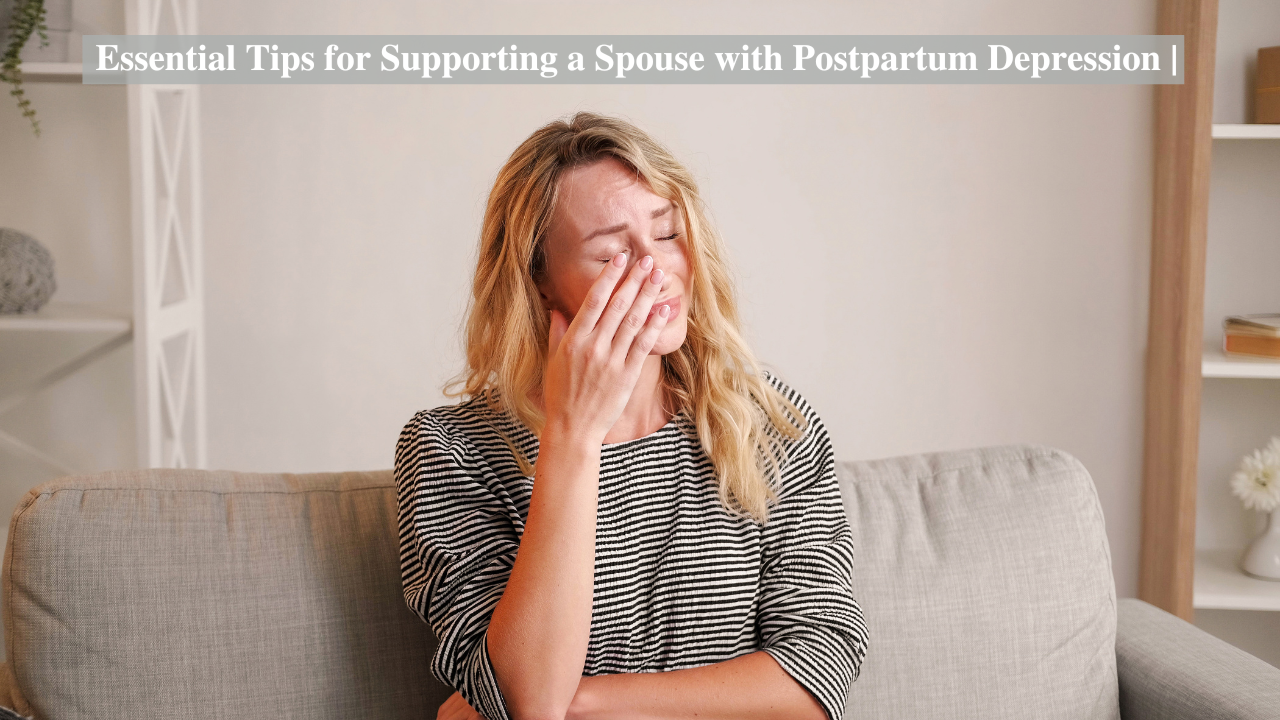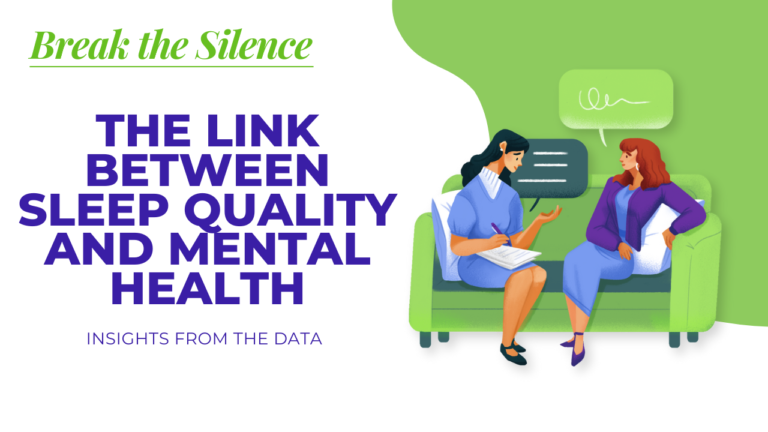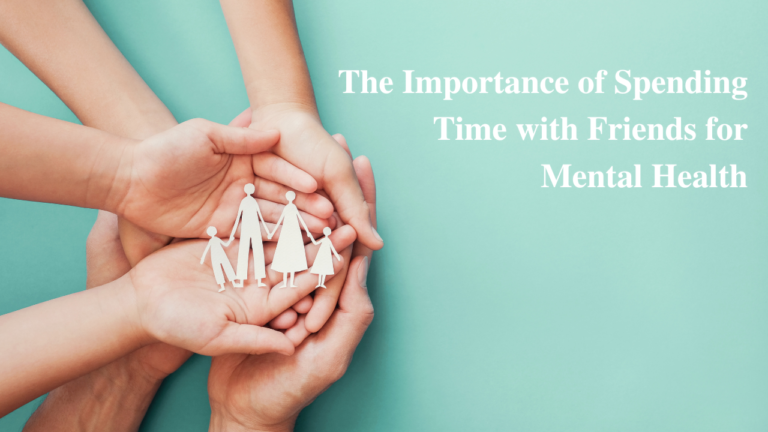
Introduction:
Postpartum depression (PPD) is a challenging experience that can affect new mothers, and sometimes even new fathers. It’s important to recognize that postpartum depression is not a sign of weakness or failure but a serious mental health condition that requires understanding, compassion, and support. If your spouse is struggling with PPD, you may feel uncertain about how to provide the best support. In this blog post, we’ll share essential tips on how to support a spouse with postpartum depression, providing the guidance and understanding needed during this challenging time.
What is Postpartum Depression?
Postpartum depression is a type of depression that occurs after childbirth. While many new parents experience mood swings or “baby blues,” PPD is more severe and can last for weeks or months if left untreated. Symptoms of postpartum depression include persistent sadness, fatigue, difficulty bonding with the baby, feelings of guilt, and changes in sleep or appetite. It’s crucial to understand that PPD is not a reflection of a person’s abilities as a parent but rather a medical condition that requires attention and care.
1. Educate Yourself About Postpartum Depression
One of the most important things you can do as a spouse is to educate yourself about PPD. Understanding the symptoms, causes, and treatment options will help you empathize with what your partner is going through. Look for reliable sources, such as mental health organizations or health professionals, to learn about the condition. The more informed you are, the better equipped you’ll be to offer meaningful support and know when to encourage seeking professional help.
2. Be a Listening Ear
Sometimes, your spouse may not have the energy or words to express how they’re feeling. In these moments, being a compassionate listener is incredibly valuable. Create an open, non-judgmental space where your spouse feels comfortable sharing their emotions, fears, and frustrations. Avoid offering solutions unless they ask for advice. Sometimes, simply being there to listen can make all the difference.
3. Offer Practical Help Around the House
Postpartum depression can leave your spouse feeling physically and emotionally exhausted. Offering help with household chores, cooking, or caring for the baby can lighten their load. Small gestures, like making a meal or taking over a diaper change, can provide significant relief. Don’t wait to be asked—take the initiative to help out.
4. Encourage Professional Help
If your spouse is showing signs of postpartum depression, encourage them to seek help from a healthcare professional. Gently suggest speaking to their doctor or a therapist who specializes in maternal mental health. Be supportive of their decision to seek help, and offer to accompany them to appointments if they feel comfortable. A medical professional can provide treatment options, including therapy or medication, to help manage symptoms.
5. Be Patient and Non-Judgmental
Recovery from postpartum depression takes time, and your spouse may have good days and bad days. It’s important to be patient and avoid being critical. Understand that their moods, behavior, and energy levels may fluctuate. Offer reassurance and positive reinforcement, even on the most difficult days. Let your spouse know that you are there for them, and their feelings are valid.
6. Take Care of Yourself Too
Supporting a spouse with postpartum depression can be emotionally and physically draining. Make sure you’re also taking care of your own mental health. Don’t hesitate to lean on friends, family, or a counselor to help you cope with your own feelings and stress. When you take care of yourself, you are better able to support your partner.
7. Encourage Healthy Lifestyle Changes
Encourage your spouse to engage in small self-care activities that promote mental and physical well-being. Simple acts like taking a walk, eating nutritious meals, or engaging in a relaxing hobby can help reduce stress and improve mood. While these activities may not solve everything, they can serve as an important step toward healing.
8. Keep Communication Open
Make sure you regularly check in with your spouse about how they are feeling and if they need anything. While you may not have all the answers, keeping the lines of communication open shows that you care and are willing to support them in whatever way they need.
9. Watch for Warning Signs of Worsening Depression
While supporting your spouse, keep an eye out for signs that their depression may be worsening. If you notice any of the following red flags, seek immediate professional help:
- Severe mood swings or emotional numbness
- Feelings of hopelessness or worthlessness
- Difficulty caring for the baby or themselves
- Thoughts of self-harm or harming others
Prompt intervention is crucial if these symptoms are present.
10. Be There for the Long Haul
Healing from postpartum depression takes time, and your spouse may need your support for weeks or even months. Be prepared for the long haul, and remember that recovery is a gradual process. Celebrate small wins along the way and keep showing up for your spouse in every way you can.
Conclusion:
Supporting a spouse with postpartum depression can feel overwhelming, but your understanding, compassion, and proactive approach can make a significant difference in their recovery. By educating yourself, offering emotional and practical support, and encouraging professional help, you’ll be helping your spouse navigate this challenging time. Remember, healing is a journey, and your unwavering support can be a crucial part of their recovery.
If you or your spouse are struggling with postpartum depression, don’t hesitate to reach out to a healthcare professional. You don’t have to go through this alone—help is available.
Call to Action:
If you found this post helpful, consider sharing it with others who may be supporting a spouse with postpartum depression. Together, we can raise awareness and provide better support for those in need.

















